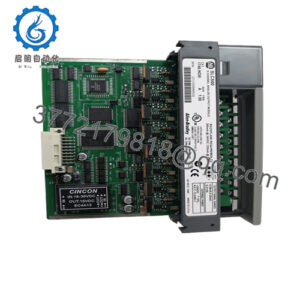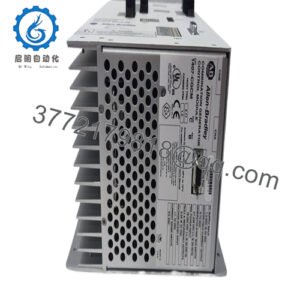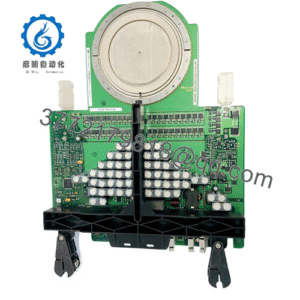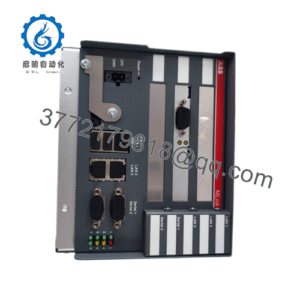Description
Real-World Use & Application Scenarios
The TRICONEX 2401 digital output module is a critical component in safety instrumented systems (SIS) used in high-reliability industrial environments such as oil and gas, chemical processing, power generation, and manufacturing. It provides the essential capability to drive field devices such as solenoids, motor starters, and alarm systems through safe and accurate digital output signals.
In practical applications, the TRICONEX 2401 manages output signals needed for emergency shutdown, safety interlocks, and automated control sequences. It is an indispensable part of triple modular redundancy (TMR) configurations, ensuring continuous and reliable operation even in fault conditions, making it ideal for processes where safety and uptime are paramount.
This module finds extensive use in systems requiring fast response times and precise signal control to protect personnel and equipment from hazardous situations.
Product Introduction & Positioning
The TRICONEX 2401 is a 16-channel digital output module designed for integration within the Triconex TMR safety platform. It offers reliable and isolated digital outputs operating at 24 V DC sink/source with a response time of less than 1 ms per channel, supporting fast and deterministic signal transitions.
Positioned as a modular output device, the 2401 module ensures seamless interaction with main processors and other I/O modules within the Tricon system, providing flexibility and scalability in safety system design. Its rugged construction and fault-tolerant design comply with international safety standards, reinforcing its role in mission-critical applications.
Engineers rely on this module for clear, fast, and consistent output signal performance, promoting high system integrity and safety compliance.
Key Technical Features & Functional Benefits
The TRICONEX 2401 delivers 16 isolated digital output channels capable of both sink and source configurations, providing adaptability to various field wiring and device requirements. Its fast switching performance guarantees response times under 1 millisecond, critical for rapid safety shutdowns and control functions.
Built for industrial robustness, the module operates efficiently within a wide temperature range from -40°C to +70°C and features high mean time to failure (MTTF) exceeding 100,000 hours, ensuring long-term reliability.
Electrical isolation of outputs minimizes cross-channel interference and enhances noise immunity, bolstering system stability. The module supports plug-and-play installation with clear status indication LEDs, simplifying fault detection and maintenance.
- 2401
- 2401
Detailed Technical Specifications
| Parameter | Value |
|---|---|
| Model | TRICONEX 2401 |
| Brand | Triconex (ABB) |
| Product Type | Digital Output Module |
| Channels | 16 Isolated Digital Outputs |
| Output Voltage | 24 V DC (Sink/Source) |
| Current Rating | 1 A per channel |
| Response Time | <1 ms per channel |
| Operating Temperature Range | -40°C to +70°C |
| MTBF | >100,000 hours |
| Protection Class | Industrial-grade |
| Dimensions (Approx.) | 45 mm x 160 mm x 11 mm |
| Compliance | IEC 61508, SIL 3 Certified |
Related Modules or Compatible Units
TRICONEX 3009 – Main processor module coordinating safety functions.
3501E / 3502E – Digital input modules compatible with Triconex safety systems.
3601/3603 – Output modules complementing the 2401 for safety control.
BC800 – Bus control and communication interface module.
3505 – Analog input module for integrated process measurements.
Installation Notes & Maintenance Best Practices
Install the TRICONEX 2401 module in compliance with ABB safety instrumented system guidelines, ensuring secure mounting within a properly grounded and ventilated control cabinet. Use shielded wiring and appropriate terminal connections to maintain signal integrity.
Maintenance tips include periodic visual inspections, validation of output functionality via system diagnostics, and ensuring firmware and hardware updates conform to industry standards. The module’s status LEDs facilitate easy fault identification and troubleshooting.

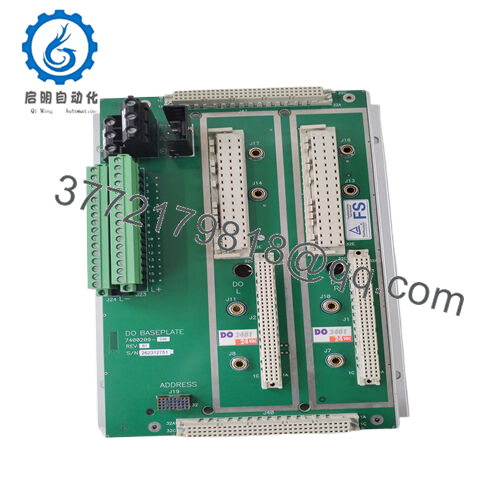
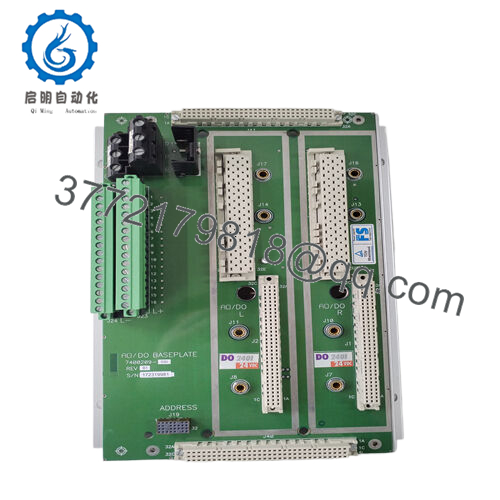
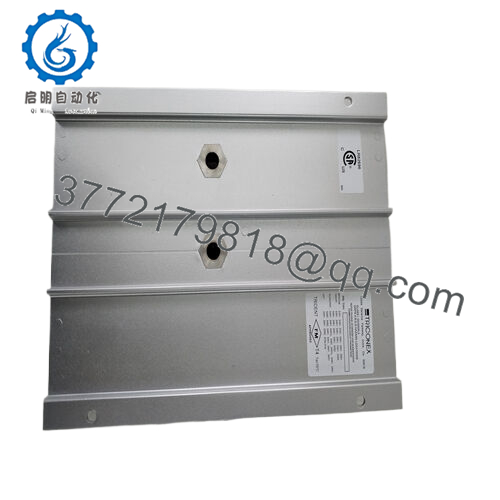
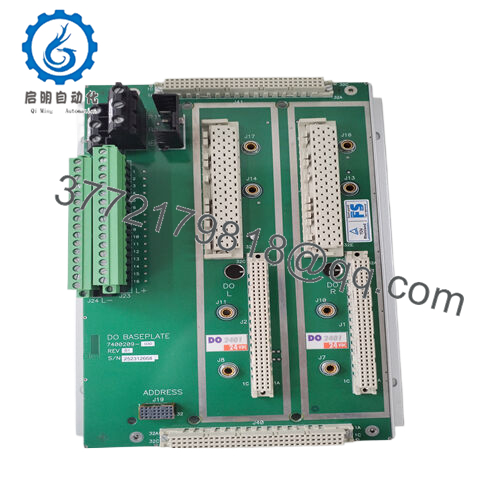
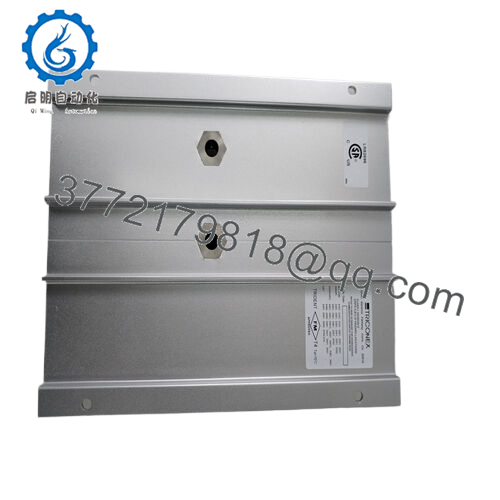
 WhatsApp: +86 16626708626
WhatsApp: +86 16626708626 Email:
Email:  Phone: +86 16626708626
Phone: +86 16626708626

